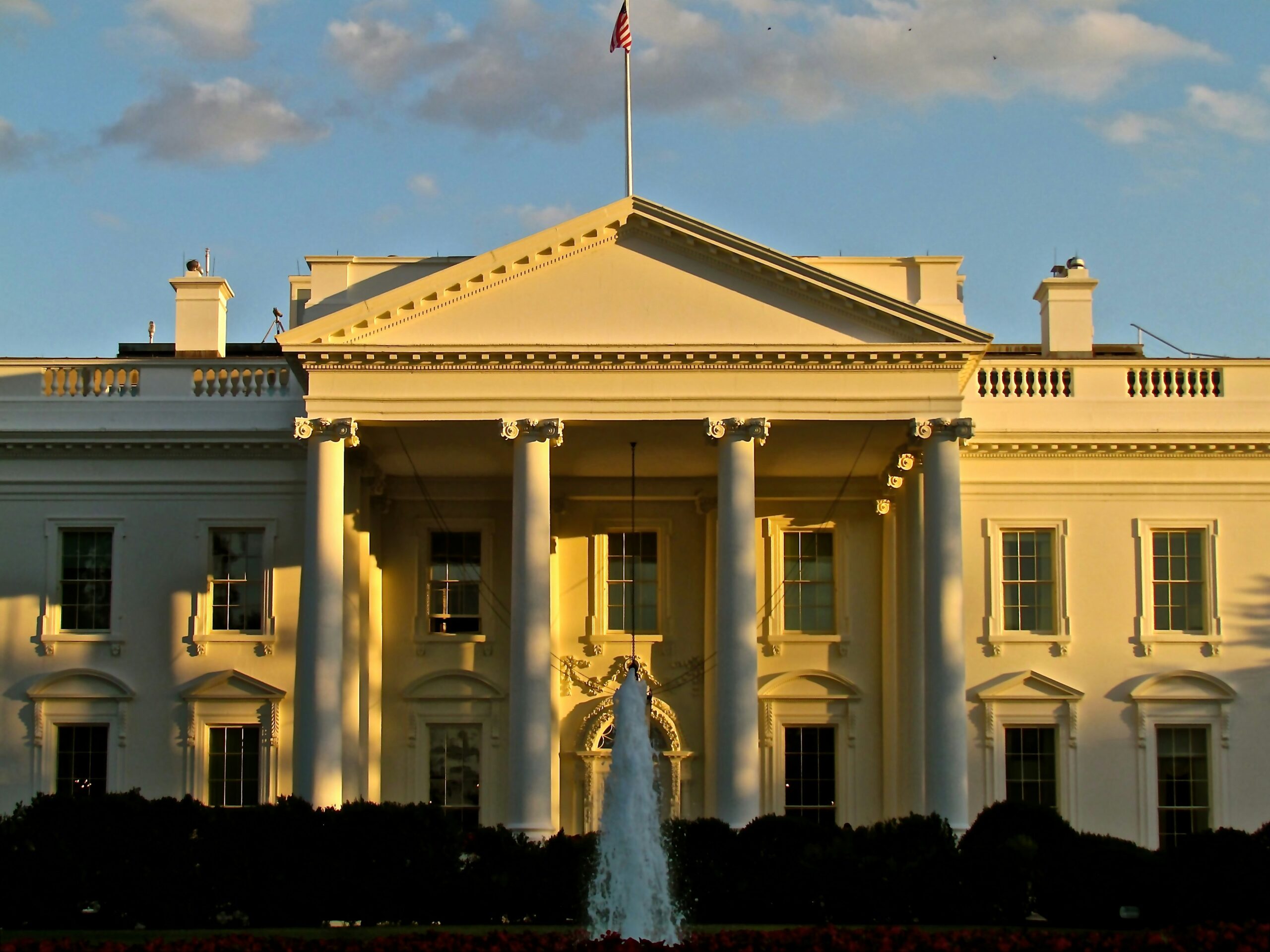The legal industry stands at a transformative crossroads where artificial intelligence and blockchain technology are fundamentally reshaping how we approach contract creation and management. This evolution, which we’ve termed “Smart Contracts 2.0,” represents more than just technological advancement – it marks a paradigm shift in how legal professionals conceptualize and execute agreements.
Beyond Traditional Smart Contracts
Consider a typical international supply chain agreement. Traditional smart contracts might automatically release payment when goods arrive at a port. However, AI-enhanced smart contracts can do much more. They can monitor weather patterns, track shipping delays, analyze port congestion, and automatically adjust delivery terms and compensation in real-time. This level of adaptability helps prevent disputes before they occur and maintains business relationships even when circumstances change unexpectedly.
Transforming Real-World Business Operations
A prominent example comes from the manufacturing sector, where a leading automotive parts supplier implemented AI-enhanced smart contracts across their supply chain. The system automatically adjusted delivery schedules and compensation terms during the recent global supply chain disruptions, helping maintain business continuity when traditional contracts might have led to breaches and disputes.
Navigating Implementation Challenges
The key lies in understanding that this technology doesn’t replace legal expertise – it enhances it. Legal professionals must develop new skills to effectively architect these automated frameworks while maintaining their crucial role in strategic decision-making and relationship management.
Looking Ahead: The Future of Contract Law
Leading law firms are already establishing dedicated teams that combine legal expertise with technical knowledge. These hybrid professionals are pioneering new approaches to contract management that leverage AI capabilities while maintaining the human judgment essential to complex legal relationships.
Ready to talk with a lawyer?? AEGIS Law’s corporate law team can help you create and implement an effective approach. Contact Scott Levine, Founder and Managing Member of AEGIS Law, to discuss your goals and timeline. With decades of experience in venture capital and entrepreneurship, Scott has guided numerous companies thought their growth.




